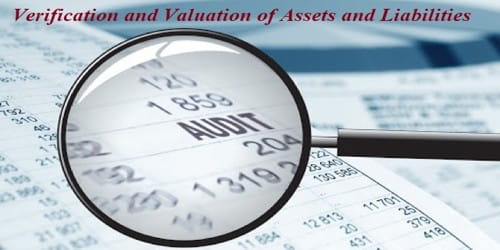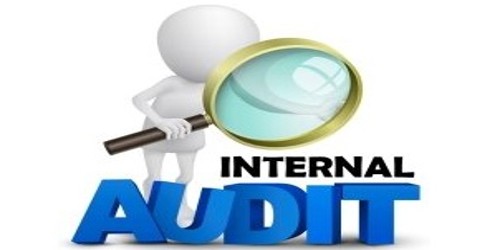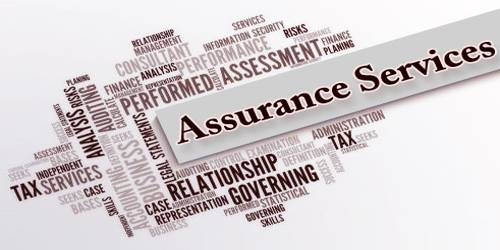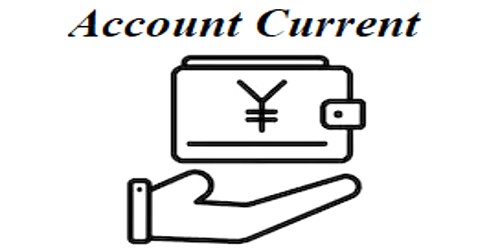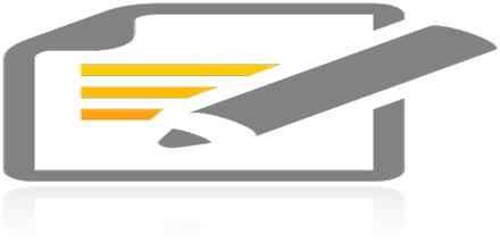Assets and liabilities are very important aspects of the business. Verification means the inspection of assets appearing in financial statements, whether the assets are according to legislation or not. The balance sheet is prepared on the basis of them and an auditor should prove the true and fairness of information provided by the balance sheet. Valuation means the estimation of various assets and liabilities. So it is very important for an auditor. Below describe Importance of Verification and Valuation of Assets and Liabilities.
Its importance can be highlighted as follows:
- To Show The Actual Financial Position
The balance sheet is prepared to show the actual financial position of a business. Confirmation about the existence of assets through physical verification. If a proper valuation is not made, such balance sheet does not provide true and fair information. So, to provide information about the real financial position, verification and valuation of assets are essential. Liabilities are properly classified and disclosed in the balance sheet.
- To Know The Real Position Of Profit And Loss
- To Increase Goodwill
Proper valuation gives fair information about profitability and financial position of a business. It is confirmed that assets are free from any charge or lien. So, people can get information which creates a positive attitude towards the company. A positive attitude of the public increases goodwill.
- To Assure Shareholders
Valuation and verification provide actual information about assets and liabilities to the shareholders which assure the safety of their investment. To confirm that assets are properly accounted for in the books of accounts.
- Easy For Sale
At the time of sale of the company, it can be sold at the price which is enlisted in the balance sheet, but the assets whose valuation is not made need valuation before selling the company. Value of liabilities is according to the generally accepted accounting principles.
- Easy To Get Loan
The company discloses the balance sheet proved by an auditor for public knowledge which increases the trust of the company. Financial institutes provide loan easily to such companies. Confirmation from financial institutions about loan and interests.
- Easy To Get Compensation
Whenever the loss occurs due to any incident, the insurance company provides compensation on the basis of valuation of assets. Confirmation from management about contingent liabilities, etc. So, the company can easily get compensation.
Information Source:
